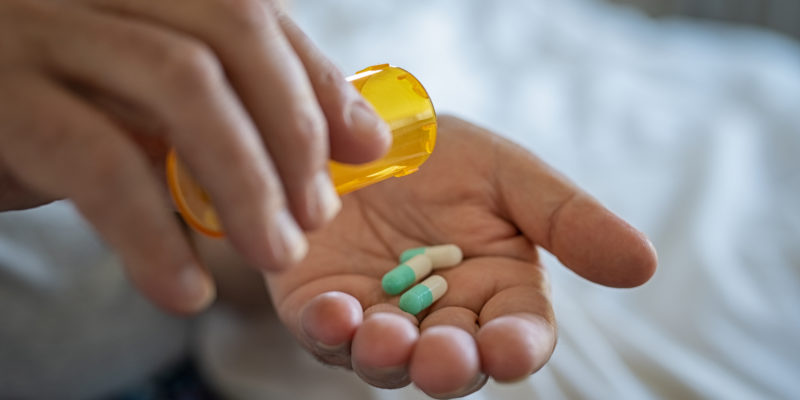Bipolar patients in Scotland will be alarmed to find out they might have been prescribed the wrong treatment for their condition after a study found almost a quarter of people in the country have been handed drugs that could even exacerbate their symptoms.
The University of Glasgow scientists looked at hospital and prescribing records of 23,135 bipolar disorder patients from around Scotland between 2009 and 2016. They discovered that nearly 25 per cent of these were given only antidepressants to treat their condition.
This is despite evidence suggesting this drug can actually make their illness worse and lead to manic episodes, the study, which was published in the British Journal Of Psychiatry, showed.
Professor of Psychiatry Daniel Smith, from the University of Glasgow, led the research and said the results were a “matter for concern”.
“For many patients, the use of anti-depressants in bipolar disorder runs the risk of making the long-term course of the illness worse, rather than better,” Mr Smith stated.
Instead, patients should be given lithium, which can prevent manic and depressive episodes. However, this was only given to one in 20 Scottish sufferers, while many others were prescribed antipsychotic and anticonvulsant drugs instead.
Mr Smith suggested lithium may have been prescribed less often than it should have due to “changes in clinical training or because of effective marketing of medications like antipsychotics”.
However, he hoped the study would encourage more doctors to prescribe lithium instead of antidepressants in the future.
According to the Mental Health Foundation, there are more than four million people suffering from bipolar disorder in the UK, with it being the fourth most-common mental health problem. Therefore, the University of Glasgow’s findings could prove incredibly helpful in improving care for many people in the country.
To find out more about secondary packaging in the pharmaceutical industry, visit us here.

